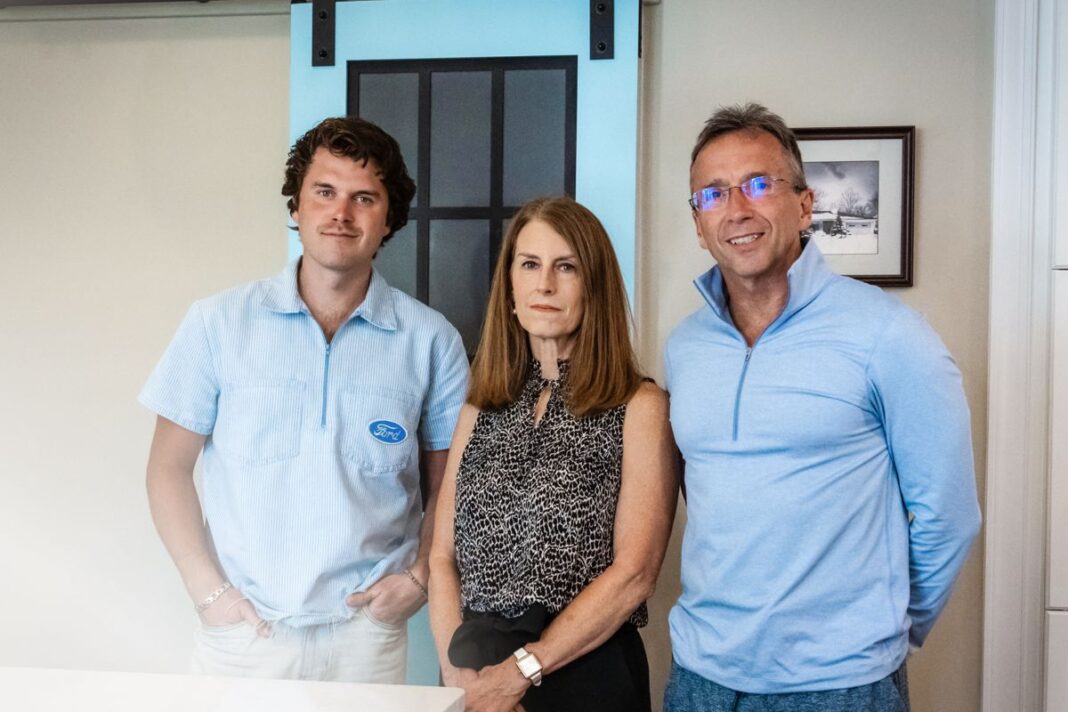The term “the Troubles” was once used to describe a period of consistent violence in Northern Ireland. It was a conflict marked by small-scale acts of terror perpetrated by small paramilitary groups, primarily the Provisional Irish Republican Army (IRA) and loyalist forces like the Ulster Volunteer Force (UVF) and the Red Hand Commandos. Bombings, shootings, and stabbings could happen anywhere. The division was rooted in native Irish Catholics who wanted to join the Republic of Ireland, and people of Irish, Scottish, or English descent who were mainly Protestant and wanted to remain part of the United Kingdom.
The United States is now seeing a pattern of consistent, politically motivated lone-wolf attacks. This is evident in events like the murder of Charlie Kirk—a political orator and family man—on a campus in Utah, the murder of Democratic state senator Melissa Hoffman earlier in the year, the attempted assassination of Donald J. Trump in late 2024, and the killing of a father by his son, Justin Mohn, in Pennsylvania because he wasn’t conservative enough. These are just a few sad examples.
America isn’t alone; Germany, France, and the United Kingdom are beginning to see a similar pattern. We are witnessing “disorganized troubles”—perpetual violence committed through small acts, without the existence of a formal civil war and without the backing of most people.
Unlike the Northern Ireland conflict, the motivation for these hateful acts is not an ethnic or religious divide. Instead, it is something more curious: America’s national “culture war” has divided the country in two. It has created a tribal identity based on adherence to either conservative or non-conservative values. This is combined with the mentality that those who do not share my values are a threat to my way of life. This feeling is especially strong among non-conservatives who, after the 2024 presidential election, feel they must act to stop their deeply held values from being swept aside.
This feeling is also present among conservatives. There is a sense that life is out of their hands, that the government has ultimate power and can threaten their foundational beliefs. This attitude stems from a loss of control, with its roots in large, uncontrollable events. The COVID-19 pandemic, for example, spread across the world, stealing our agency to go where we wished and confining us to our homes. While the economy may be “running hot” with fantastic job numbers, high inflation sadly means that the freedom of buying a home is out of reach for many. The cost of living crisis, a result of this high inflation, means that for many, an average blue-collar paycheck isn’t enough to live off. A chronic disease crisis, born of a number of factors, constricts what many in America can do physically, through no fault of their own.
These factors, combined with political rhetoric on both the right and left that blames an “evil elite,” turn this feeling of powerlessness into anger and eventually a violent outlet. While government choices have indeed limited freedom, much of the limitation on our agency has come from external factors beyond any human control.
News media, both on the left and sometimes the right, has played into this anxiety for ratings, as fear sells. Telling people that “evil elites” are at fault for all of life’s problems is an excellent half-truth that will keep you watching every time the news comes on. The difficulty is that it is a half-truth; the elite are not responsible for everything wrong in our lives, but neither are individuals. The Camp Mystic flood in Texas was a disaster born of the raw power of nature. It could not have been anticipated or predicted, yet it was politicized and linked to FEMA cuts rather than accepted as a tragedy outside human control. Similarly, the Los Angeles wildfires, which started unexpectedly outside of fire season, couldn’t have been predicted or stopped from starting.
As a result of the media pushing the view that the elite are responsible for everything, these events create animosity toward political opponents among the general population. The media has created a bogeyman who can be blamed for everything outside our control and for any fault in our lives. This creates a dangerous resentment in society that eventually builds to a breaking point for some individuals, leading to violence.
There is no easy solution for this, but others have suggested that the repeal of the Fairness Doctrine by the Federal Communications Commission, a policy which demanded fair reporting to both sides of a debate, led to this attitude. Unbiased, balanced journalism is an essential step to reducing the violence by robbing the media of its “blame someone else” narrative. Improving mental health and fixing chronic disease problems are also essential, which the administration under President Donald J. Trump and the Department of Health and Human Services under RFK Jr. are fortunately working on.
Above all, we need to accept a simple truth: people with different views from our own are not the enemy. In this, we can learn from Charlie Kirk, who was always a man of dialogue. He did not dismiss those who disagreed but spoke with them to learn their views and explain his own, usually in a respectful and passionate manner. We can hope that this can be a building block toward peace.







